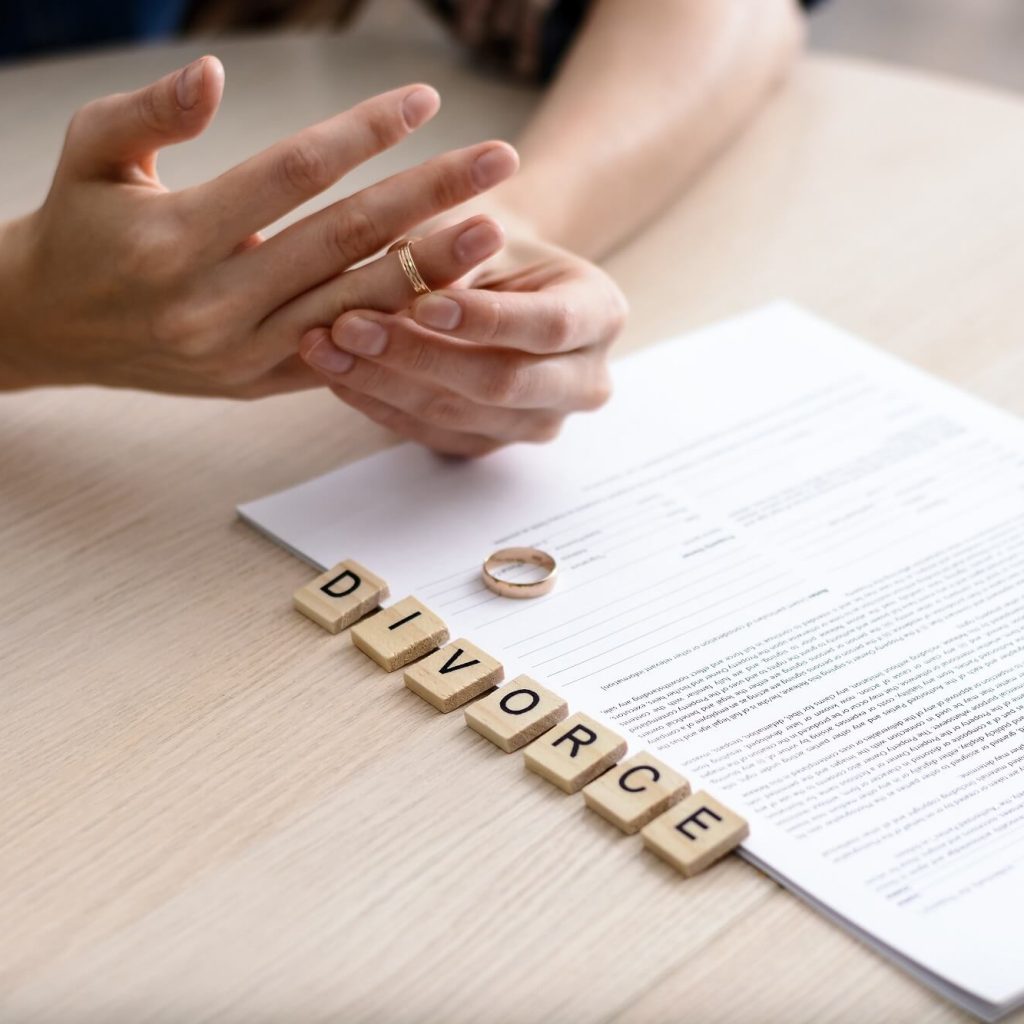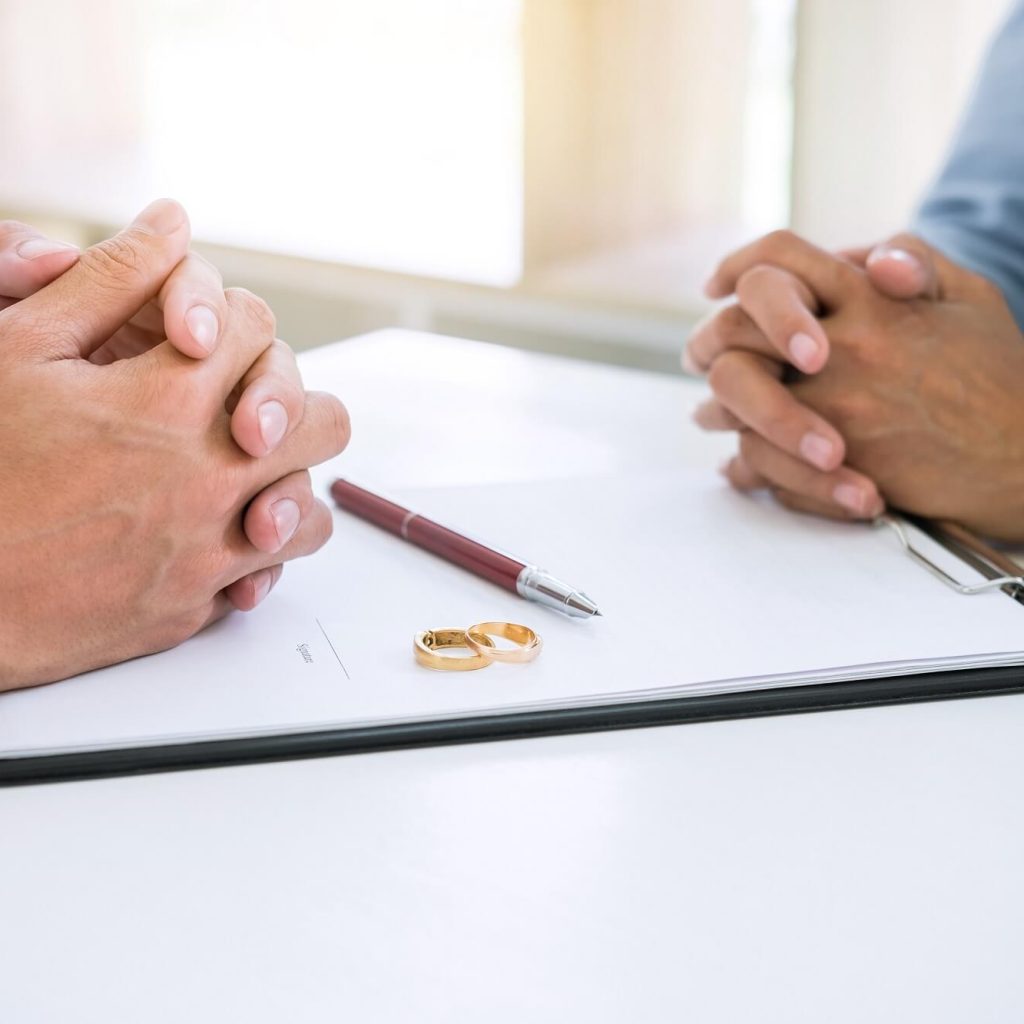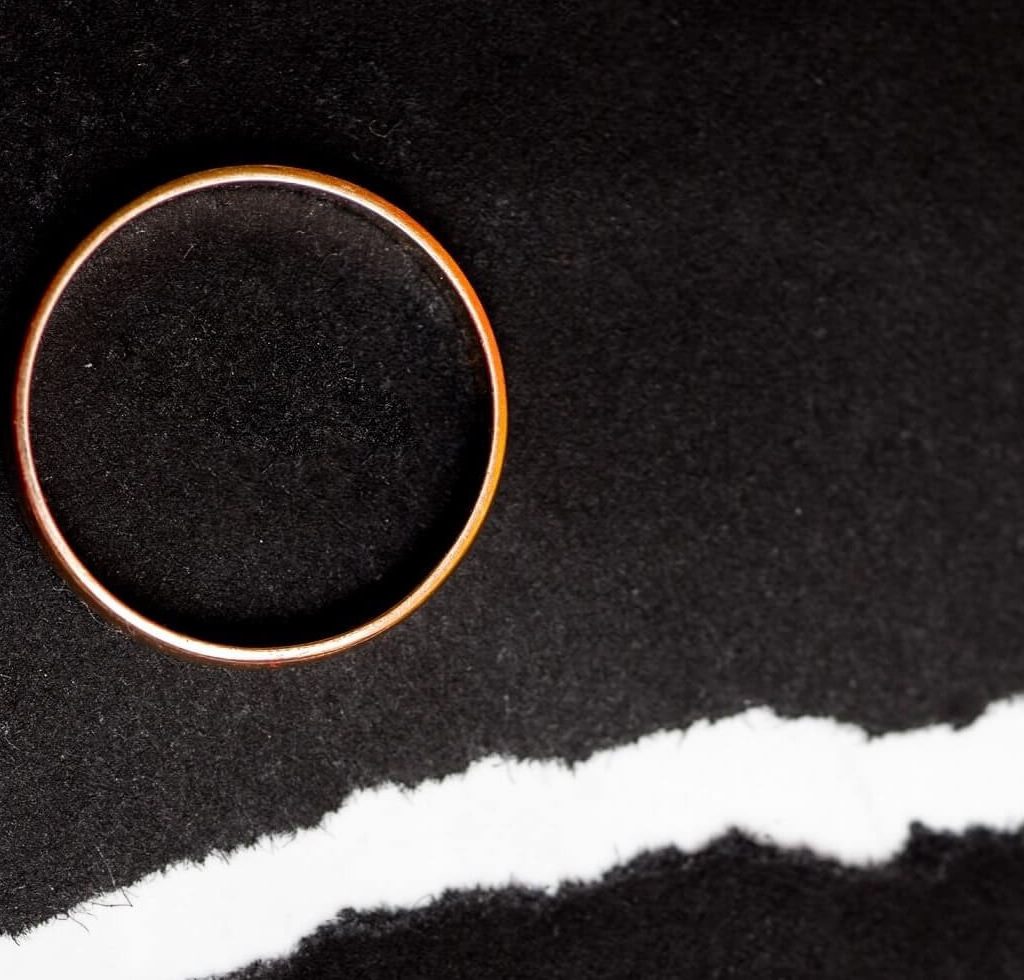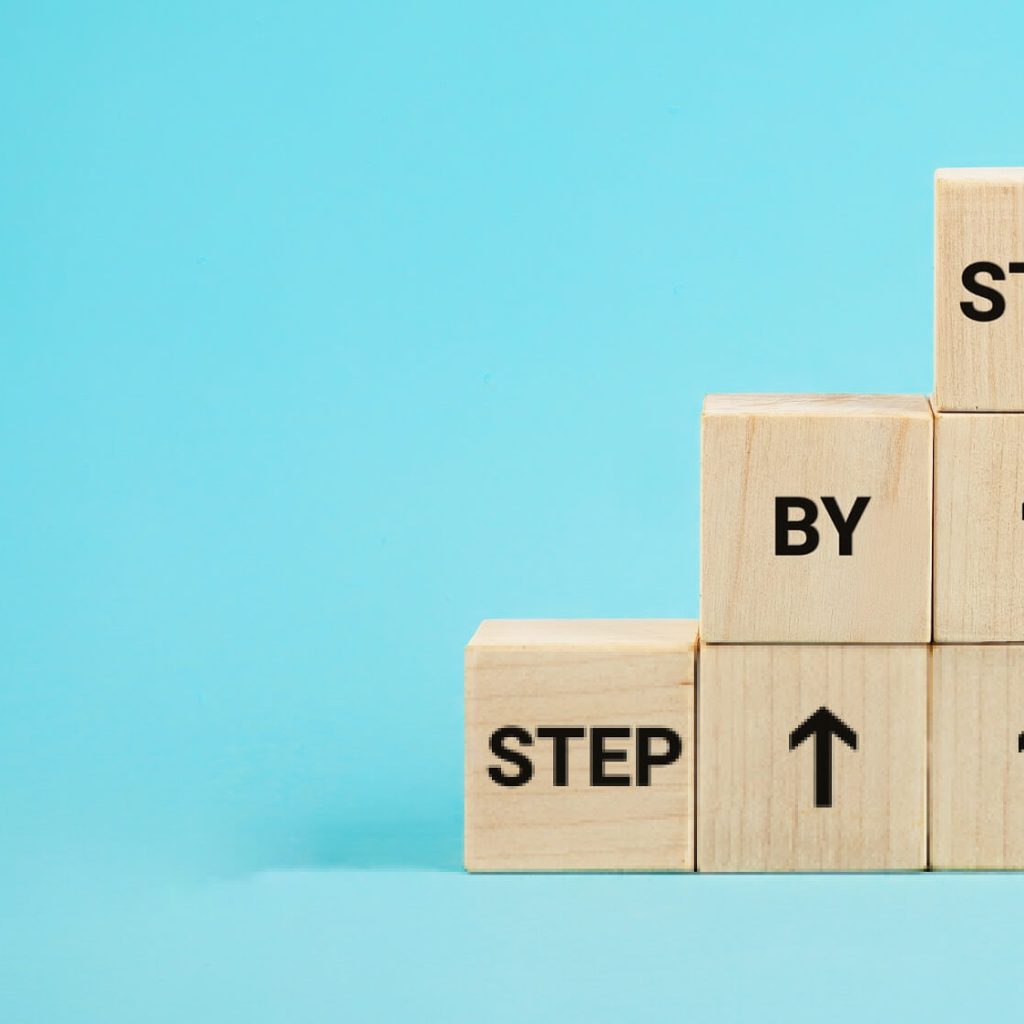In New York, to get a divorce without a lawyer, you need to meet the local requirements and go through all the stages of the process yourself. Having an uncontested divorce in New York, you can complete the paperwork using the program for self-represented spouses or turn to the online document preparation service for help.
Since uncontested divorces are less stressful and time-consuming, it is reasonable to try to negotiate the divorce terms with your spouse to avoid numerous court hearings and finalize the process without hiring a lawyer. In the following sections, we will discuss what steps you need to take to obtain a divorce without legal representation.
1. Check if You Meet the Residency Requirements
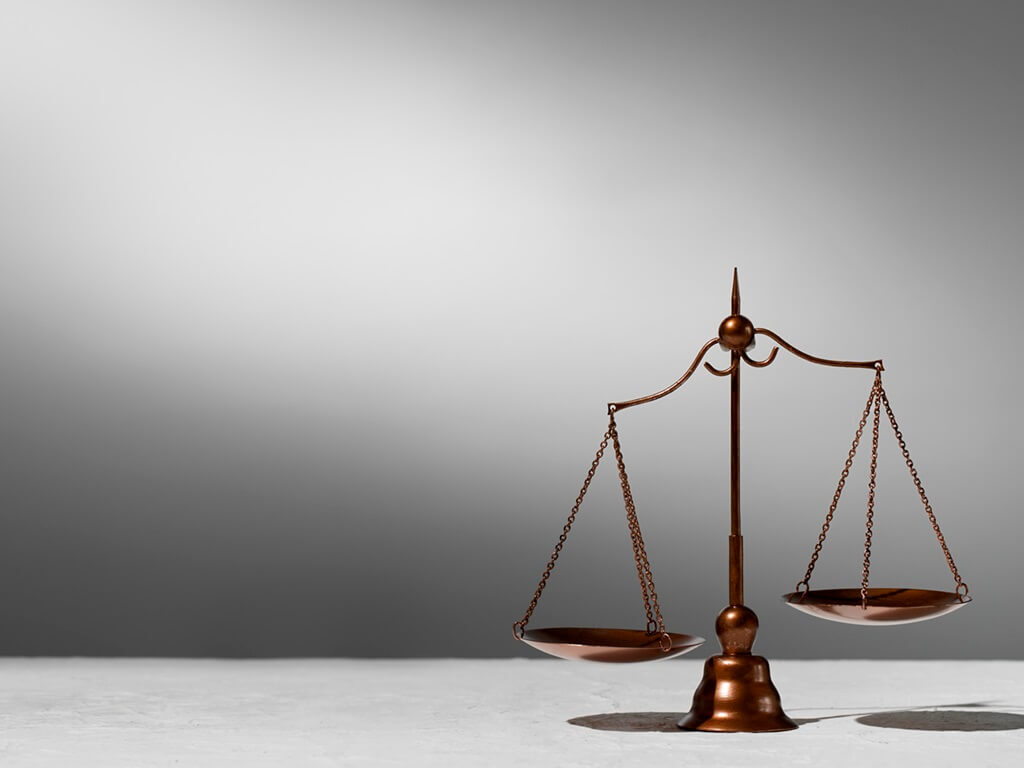
You must meet the residency requirements for divorce in New York to file with the court. You can start the divorce process under one of the following conditions:
- You and your spouse are state residents at the time the paperwork is submitted to the court, and the grounds for the marriage dissolution arose in New York.
- One of you has lived in the state for at least 2 years before filing the divorce complaint.
- Either of you has been a state resident for no less than one year, provided you were married or lived in New York as a married couple, or the grounds for divorce occurred in the state.
You must also decide on one of the 7 grounds for divorce you will indicate in your complaint.
2. Obtain the Forms
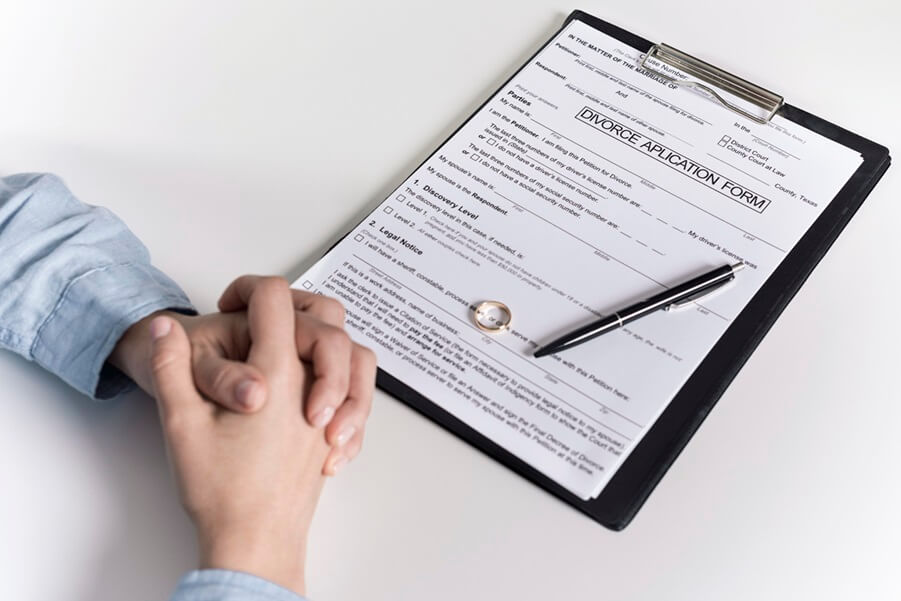
You need to prepare the required divorce papers to file for divorce in NY. You can find them yourself on the official court website. If you have no children under 21, your marriage has been over for 6 months and cannot be saved, and you are in full agreement with your spouse concerning all the related issues, you can get New York uncontested divorce forms using the DIY Uncontested Divorce Program. Alternatively, you can order them from a convenient online service that can provide completed paperwork for divorce at a very reasonable price.
3. Complete the Forms
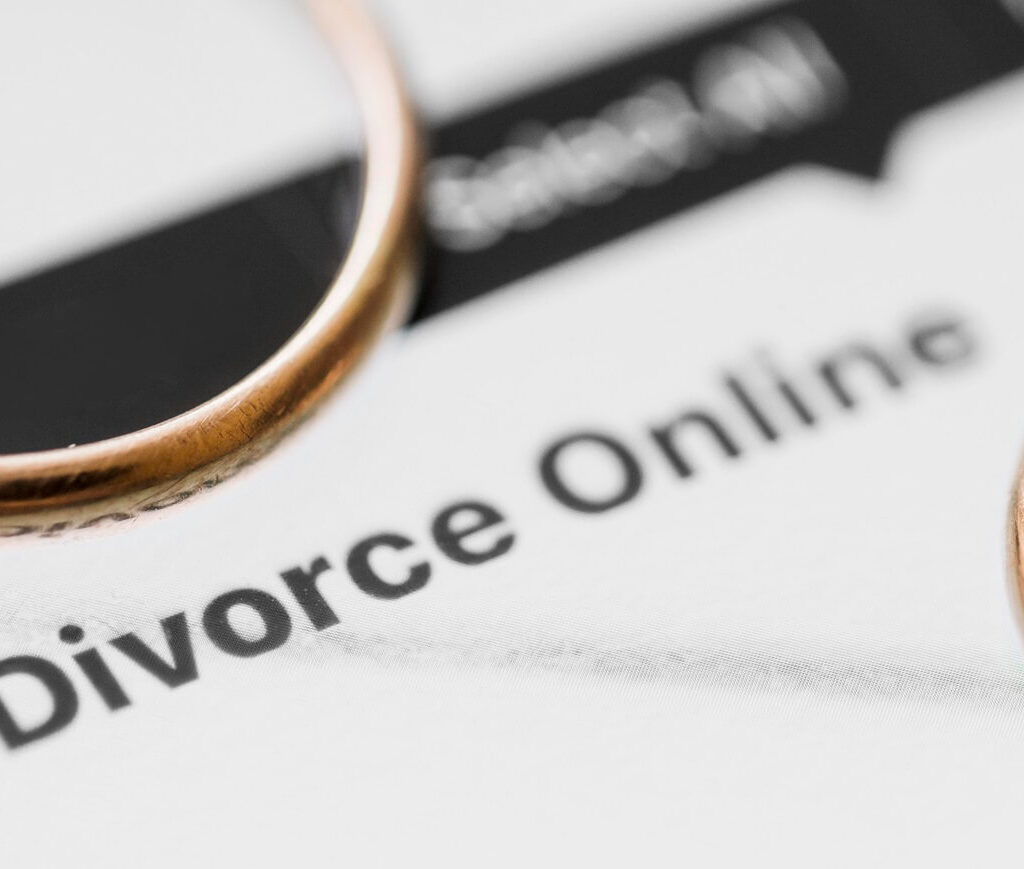
When preparing papers for filing with the court, fill them out honestly and accurately, avoiding mistakes or smudges. After completing the forms, sign and notarize them and prepare 2 copies: one for you and one for your spouse.
4. File with the County Clerk’s Office

To start a divorce process in New York, submit the initial set of documents, which includes a Verified Complaint and Summons, to the county clerk’s office. In some counties, you can file for divorce online using the NYSCEF System. You can check if this option is available in your location on the official website.
When filing the papers, pay the mandatory court fee of $335 or prepare and submit an Affirmation in Support of Application to Proceed as a Poor Person along with a Poor Person Order to the court if you cannot afford it.
5. Serve Your Spouse
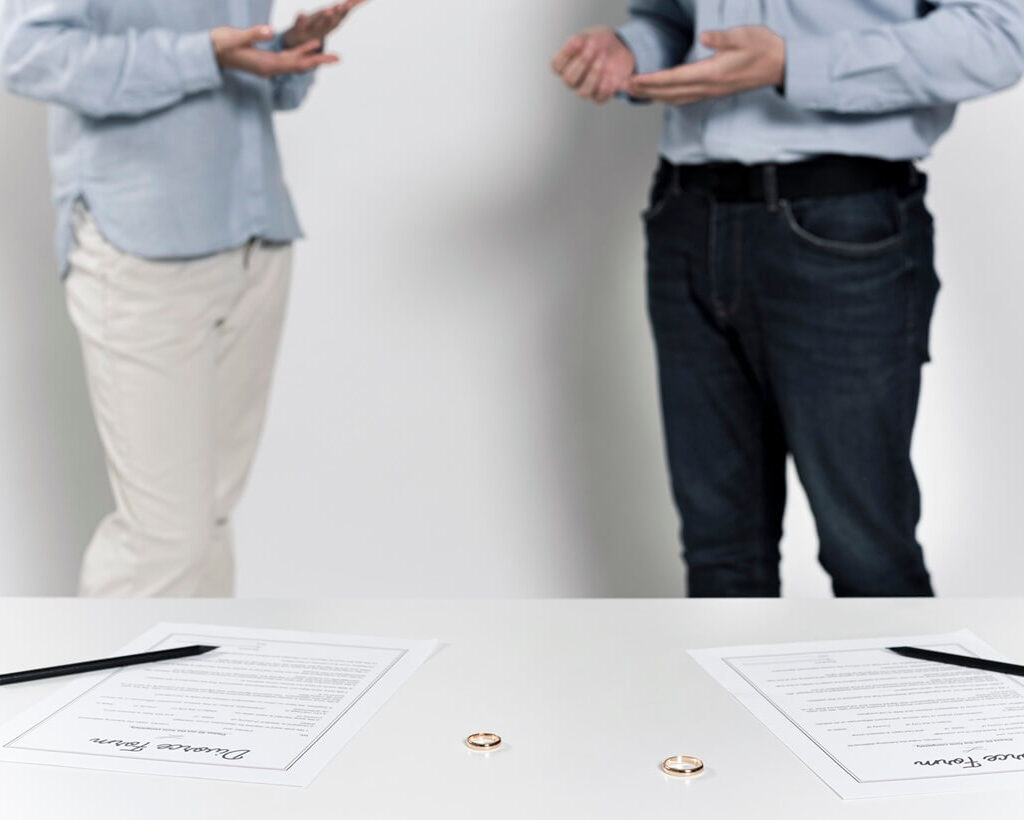
As a petitioner, you must notify the other party that you have filed for divorce. You can serve the defendant in several ways. If your case is uncontested and the respondent will not argue the divorce terms, you can deliver the documents along with the Affirmation of Defendant form to the other party yourself. If your case is contested, you must ask another person over 18 to hand the papers to your spouse within 120 days after you submit the complaint.
6. Submit an Affirmation of Service
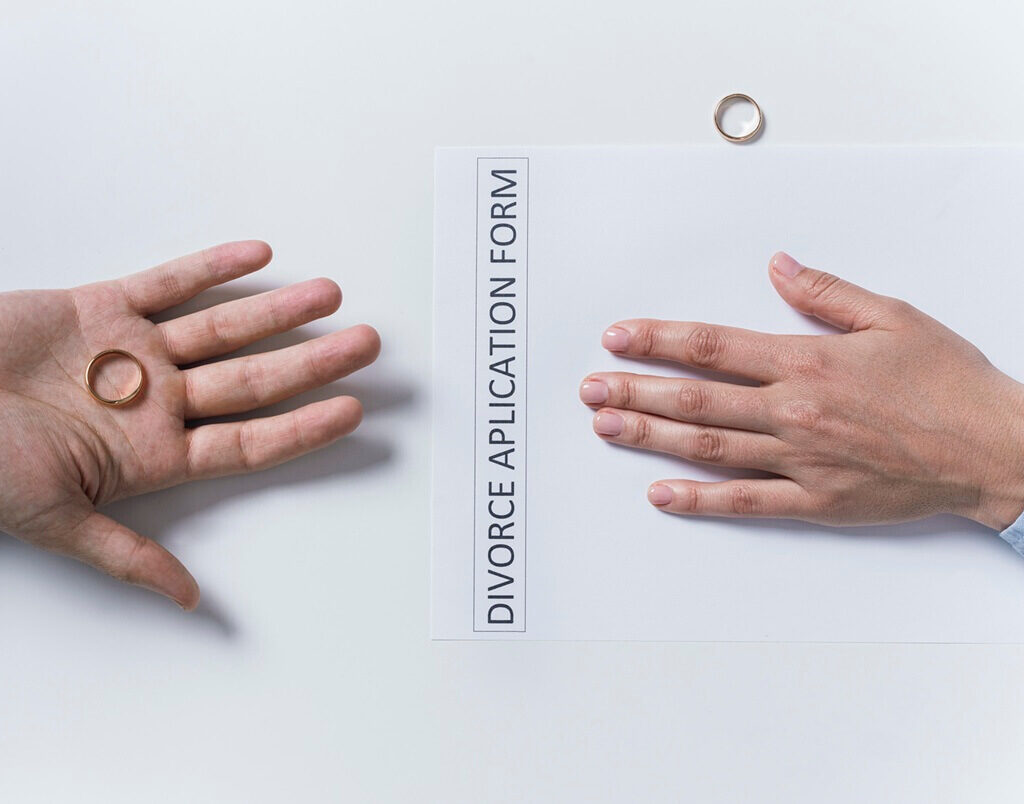
Depending on the case type, after your spouse receives the papers, they should complete and return you an Affirmation of Defendant, or the person who delivered the papers needs to hand you back a completed, signed, and notarized Affirmation of Service. Then, you need to submit one of them to the court to confirm that the respondent received the documents.
7. Wait 20 Days for the Spouse’s Response
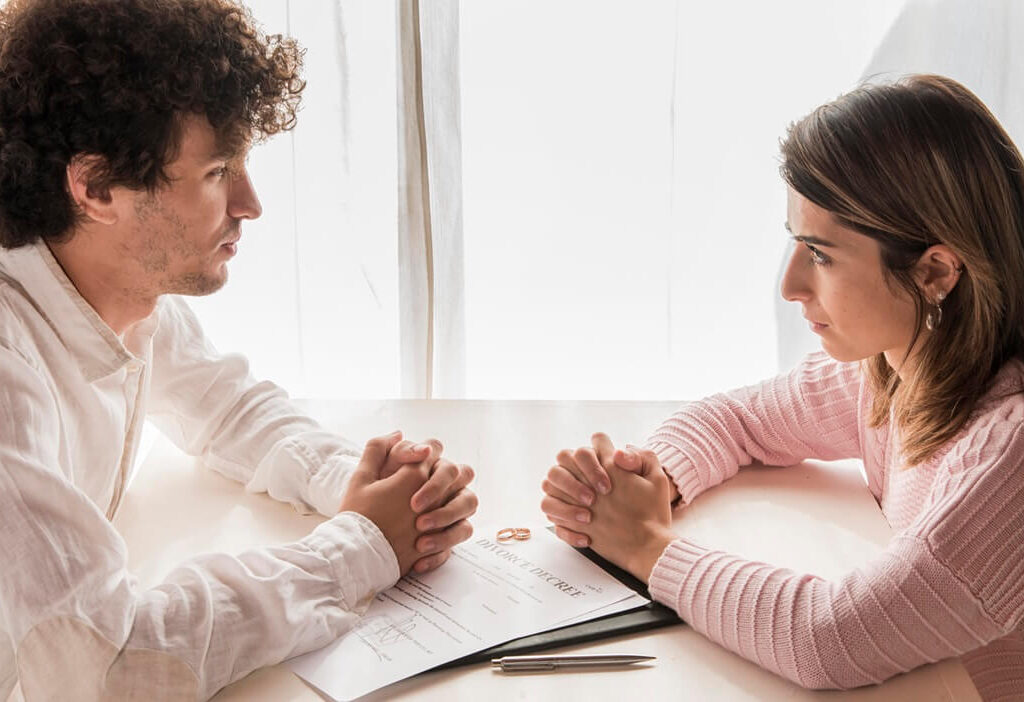
When getting a divorce in New York, you need to wait 20 days, or 30 days if the defendant was served outside the state, from the moment the papers were delivered so that they can respond to the complaint.
8. Complete and File the Remaining Paperwork
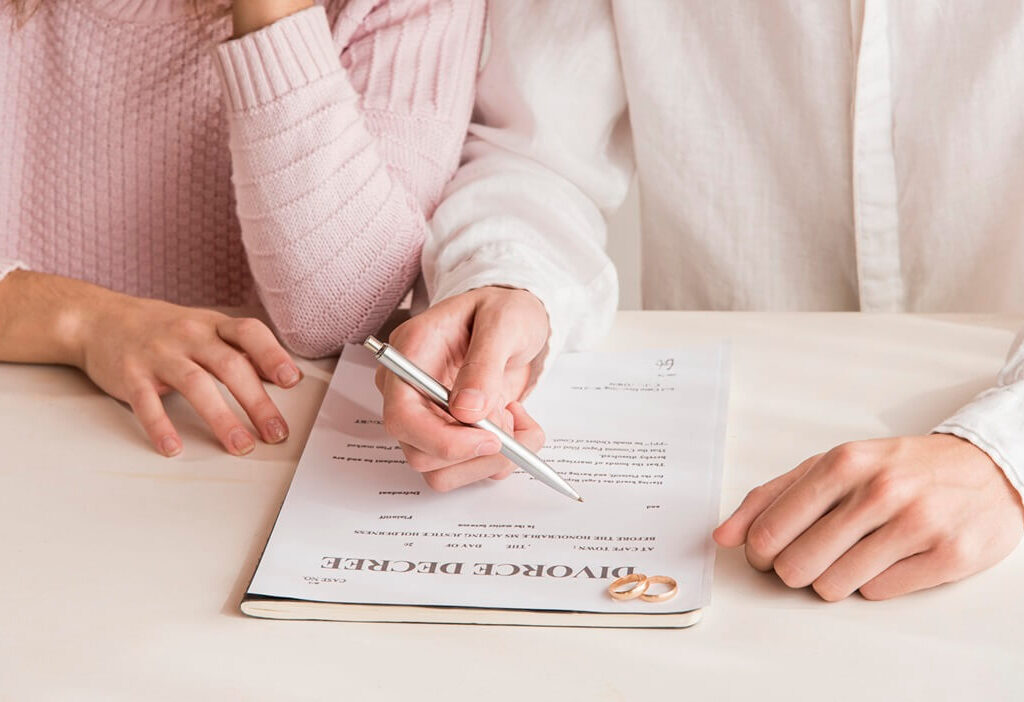
Before proceeding to the process’s final stage, you need to file some additional documents. This set may include a Note of Issue, a Request for Judicial Intervention, and other papers concerning children or other issues. If all of them are submitted, your case can be put on the court calendar.
9. Attend the Court Hearing, if Required

You may be able to finalize your uncontested divorce in the state without attending a trial. If the judge reviews your documents and finds no problems, the court clerk will contact you after the Judgment of Divorce is signed. In some rare cases, the judge may schedule a brief hearing to ask you a few questions and approve your case.
10. File Your Final Decree of Divorce with the Judge’s Signature
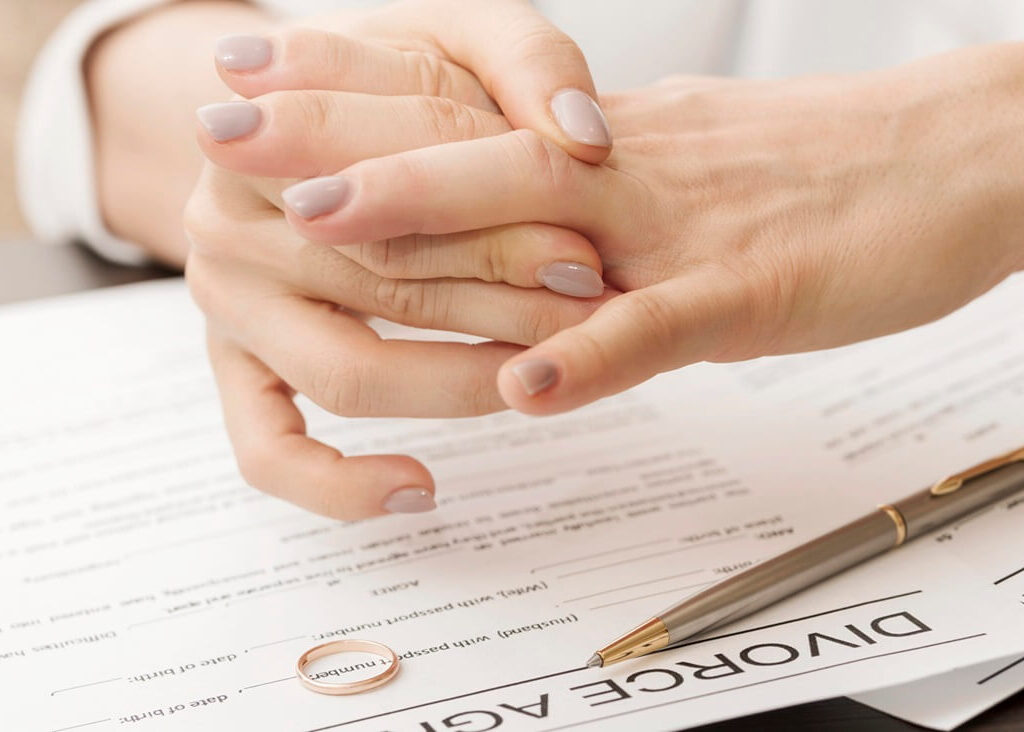
To finalize the marriage dissolution, you need to submit a divorce decree signed by a judge to the clerk’s office; in New York, it is called Judgment of Divorce. After it is filed, you need to get its certified copy, pay a fee ranging from $4 to $10, and ask someone over 18 to deliver it along with the filled-out and signed Notice of Entry to the defendant in person or by mail.
Why Would a DIY Online Divorce Be a Good Choice for You?
Do-it-yourself divorce in New York is an option for spouses with an uncontested case who want to finalize the process with less stress and effort. By filing for an agreed-upon marriage dissolution, you can avoid hiring a lawyer and use an online document preparation service to complete the necessary paperwork.
With its help, you do not have to determine the required forms and search for them independently. You will be able to get documents ready for submission to the court in a few days and file for New York divorce online yourself using NYSCEF. As a result, you have a chance to finalize the divorce faster, cheaper, and stress-free.
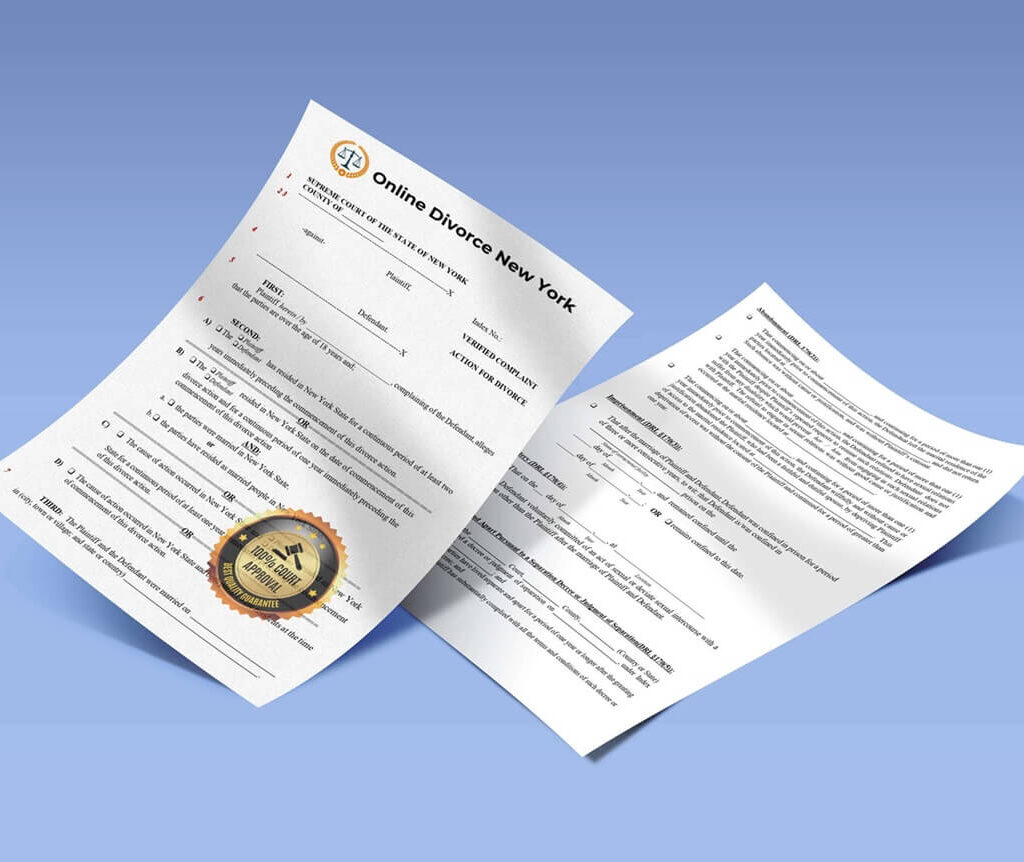
Start by creating a free account on our website to see if you qualify for an online divorce in New York. Prepare all the paperwork needed for filing an uncontested divorce online without lawyers.

Rafael Hebert is an experienced writer specializing in such topics as infidelity in marriage and divorce. His works can be seen on popular blogs like Marriage.com and Divorce Magazine. Having background in relationship counseling, Rafael is dedicated to helping individuals with emotional issues surrounding infidelity and educating them on their divorce options. In his free time, Rafael enjoys watching documentaries and visiting film festivals in different states.




